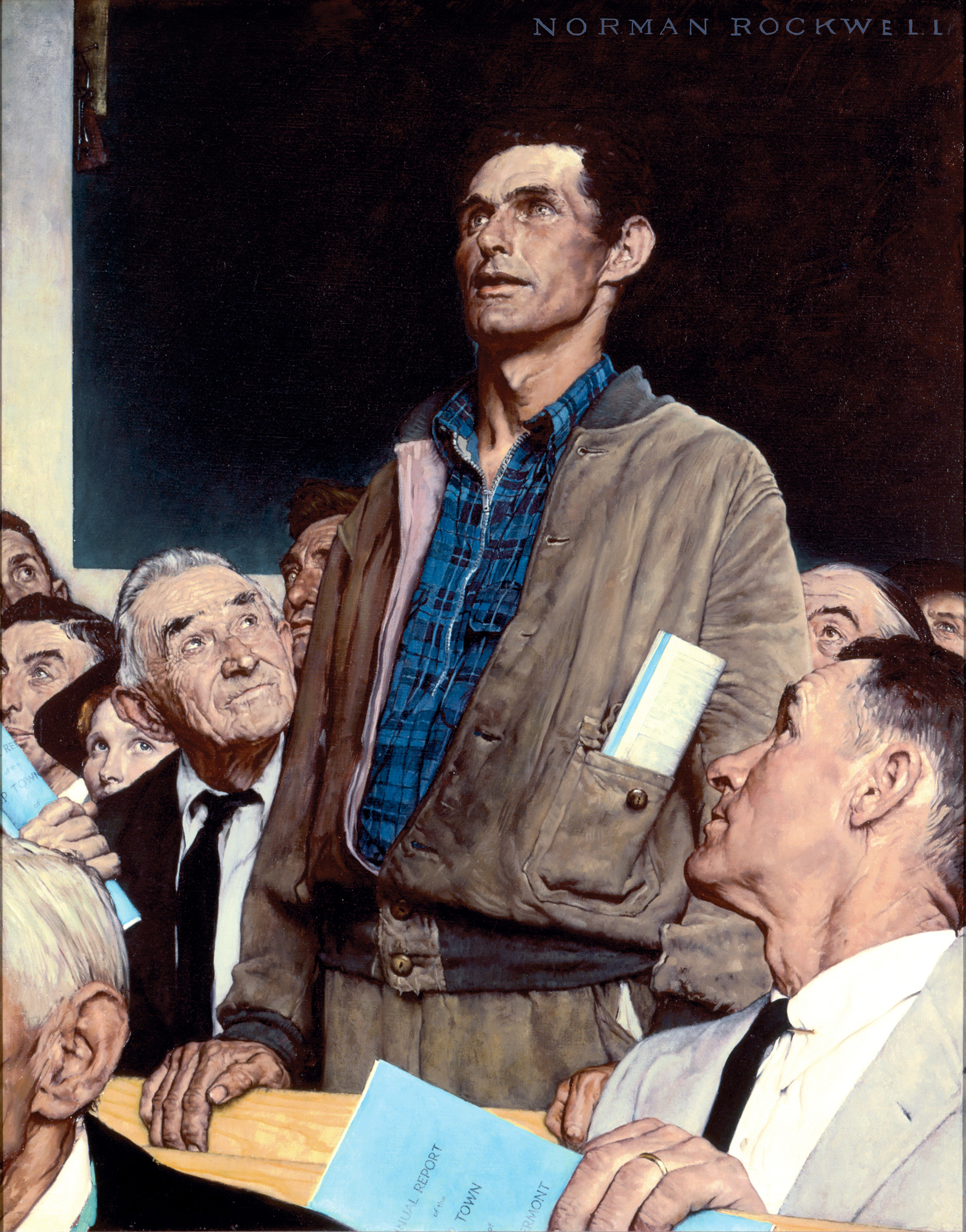The Hawaiʻi
State Constitutional Convention Clearinghouse
Information Related to Hawaiʻi's November 6, 2018 State Constitutional Convention Referendum
A referendum is set for Nov. 6, 2018, but now is the time to begin the discussion. The author has created a website for that purpose.
Hawaii’s Constitution mandates a statewide referendum every 10 years on whether to call a state constitutional convention. The next referendum is Nov. 6, 2018. Efforts should begin now to ensure that Hawaii voters make an informed decision.
The most fundamental of all democratic rights is a people’s right to amend their constitution. Hawaii’s Constitution provides two mechanisms to do so: Legislature-initiated and convention-initiated. The unique democratic function of the convention mechanism is that it allows the people to bypass the Legislature’s gatekeeping power over constitutional amendments.
The convention mechanism is a vital democratic safeguard because of the Legislature’s institutional conflict of interest in proposing amendments that would limit its own power. This legislative conflict includes the relative power of incumbents vs. challengers (e.g., via term limits, redistricting, ethics, transparency, campaign finance and ballot access) and of competing branches of government (e.g., the executive, judicial and local branches).
American states have convened 236 state constitutional conventions since 1776, including three in Hawaii since 1950 (Hawaii’s last two were in 1968 and 1978). The convention is an American invention and widely considered to be one of America’s greatest contributions to the development of democracy worldwide.
However, as I explain in a recent journal article, the state constitutional convention has run into hard times and is now amid its longest drought in America’s 240-year history.
Since a constitutional convention is designed to be a check on legislatures, legislatures have always opposed conventions. But with the 20th century’s growth of career-oriented as opposed to citizen-legislators, incumbent-legislator opposition has greatly intensified.
The Growing Opposition
Special interest group opposition has also greatly increased. Successful special interest groups, especially unpopular ones in heavily regulated industries, including Big Labor and Big Business, prefer to exercise their influence through a legislature, such as the Hawaiian Legislature, where they have an outstanding track record of success. As government has grown, so has the power of these groups, which now view a convention as a Pandora’s Box.
Adding to this toxic mix is the logic of coalition politics. To be effective politically, one needs allies, and the most useful allies are incumbent legislators and the powerful special interest groups that form the cornerstone of the Republican and Democratic parties. Unless one’s core mission is good government reform, which is rare among interest groups, the political cost of alienating one’s allies by supporting a convention is usually too high. And even good government groups whose core mission isn’t constitutional reform may fear alienating needed allies.
The convention is an American invention and widely considered to be one of America’s greatest contributions to democracy.
As for members of the public, it cannot reasonably be expected that they will, starting from essentially zero knowledge, become experts on the history and democratic function of the state constitutional convention. Instead, they will rely on the political party and interest group cues that they also rely on in making down-ballot candidate choices. In this case, those cues will overwhelmingly signal that they should vote against a convention.
Even minority political parties, which often supported conventions in the past, now tend to be dominated by career-oriented legislators who fear losing their incumbent protections. Add to this mix conservatives who instinctively fear change and the poorly informed voter’s propensity to vote no on or leave blank propositions that appear controversial, and the death knell of the state constitutional convention appears to have been rung.
A Sign Of Democratic Dysfunction
To me, there is no greater sign of democratic dysfunction in America than the decline of the state constitutional convention in states such as Hawaii where the periodic convention call is the only mechanism available to bypass a legislature’s veto power over needed democratic reforms. The cause of fixing this dysfunction may be quixotic, but there is no worthier fight.
In the coming months, Hawaii voters will be told that their state constitution, which most have never read and may not even know exists, is a sacred document akin to the Bible and thus not worth the risk of changing. If it is indeed such a sacred document, I propose taking it as seriously as such a document deserves. That includes reading it and its history (including the role of conventions in inserting those sacred provisions), then asking why the framers of Hawaii’s Constitution included a periodic convention call.
At the Hawaii State Constitutional Convention Clearinghouse, I have compiled material to help launch such a discussion. That includes links to any published material I can find both for and against calling a convention.
My purpose in creating the clearinghouse was to check some of the misinformation, especially the widespread convention badmouthing, that has characterized convention debates in recent decades. The odds of having a well-informed debate are slim, but I believe the attempt worth the effort.
Source: Snider, J.H., Preparing For Hawaii’s Next Constitutional Convention Vote, Honolulu Civil Beat, December 7, 2017.
